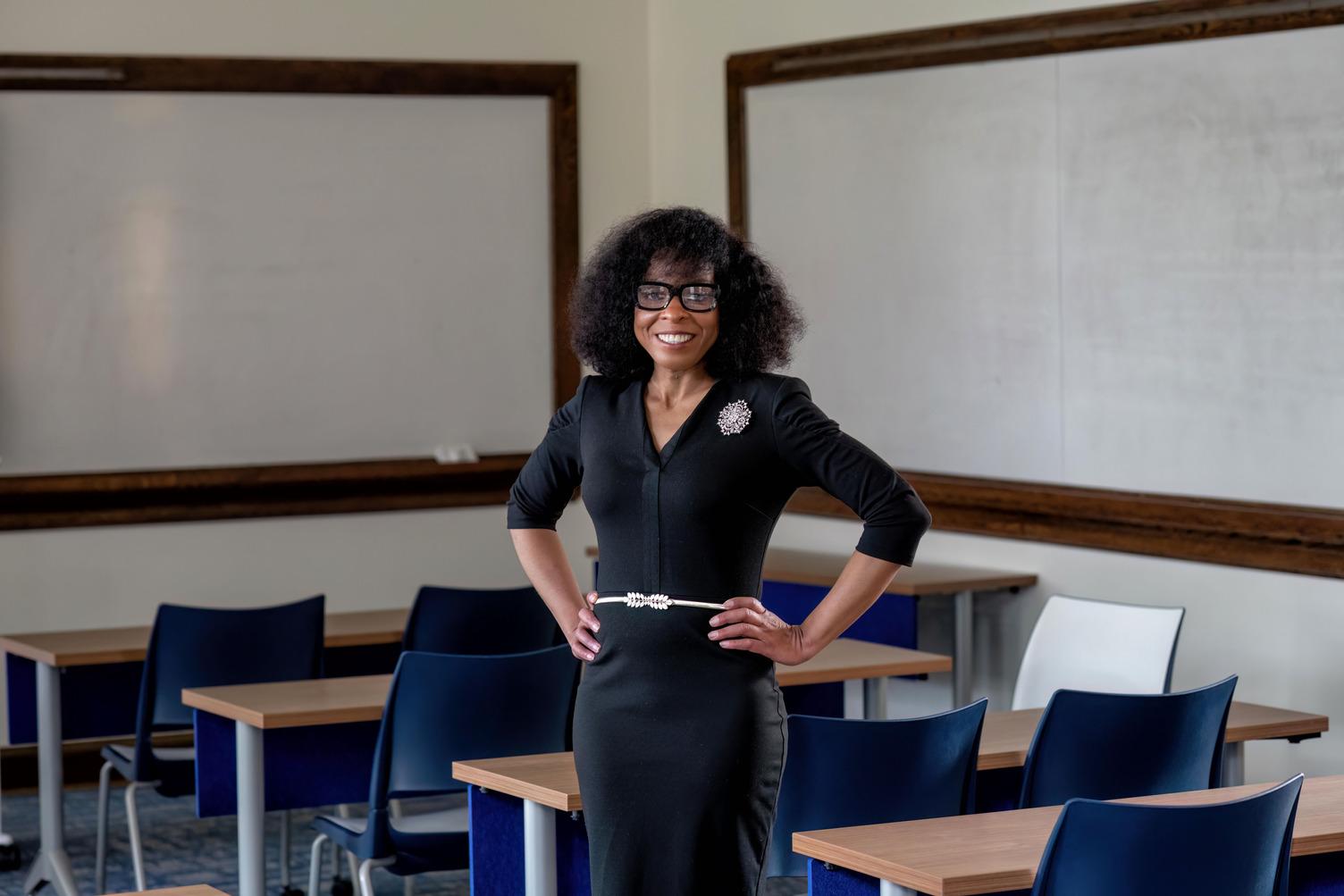For the first time, more Black and Latinx children are being diagnosed with autism at higher rates than their white peers, according to a Centers for Disease Control and Prevention (CDC) study released in March 2023. It’s not because autism is directly linked to ethnicity. New, inclusive screening procedures were adapted by the CDC. Today, 1 in 36 children have been diagnosed with autism.
Shanter H. Alexander, PhD, assistant professor in the School Psychology program whose research focuses on autism, contextualized what the CDC research determines for her field of study.
“Our autistic communities of color have finally been heard,” Alexander says. “The research community is starting to listen.”
Before examining neurodivergence professionally, Alexander grew up in Saint Lucia with a family member who was deaf and had autism. She saw the firsthand experience of her family working with its limited resources. She pursued a career that studied and screened neurodevelopmental disorders such as autism through an intersectional, cultural lens.
We want to make sure that the Mecca is a safe place for individuals with neurodevelopmental disorders that they feel included. They feel seen, they feel heard.”
Alexander is cognizant of common issues with mental health in the Black community and the shame and stigma related to getting help for children with disabilities. Racial stereotypes can also affect how neurodivergent children of color are perceived in the medical and educational fields. The stigma of needing care in Black communities also stifles efforts to access support.
“From an intersectional lens, even the spiritual practices embedded in our culture often dissuade efforts to seek medical attention and seeking community assistance, instead we have faith that we can ‘pray it away’,” Alexander says. “Another thing related to the intersectionality of work with communities of color is the cultural pride we have that prevents us from exposing what our needs are. Our people don’t want to seem like we are not ‘making it,’ so we don’t ask for help. Representation matters. We trust those who look like us and understand our stories. We want to feel safe.”
Article ID: 1471




